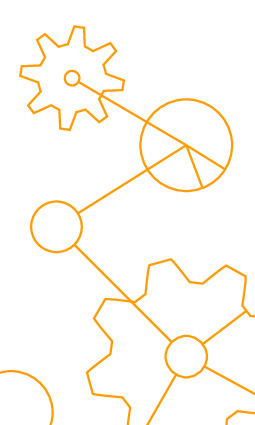|
|
|
| Module code: WIMAScWPF-W7 |
|
1V+1PA (2 hours per week) |
|
3 |
| Semester: 2 |
| Mandatory course: no |
Language of instruction:
German |
Assessment:
Project
[updated 18.12.2018]
|
WIMAScWPF-W7 Industrial Engineering, Master, ASPO 01.10.2014
, semester 2, optional course, general subject
|
30 class hours (= 22.5 clock hours) over a 15-week period.
The total student study time is 90 hours (equivalent to 3 ECTS credits).
There are therefore 67.5 hours available for class preparation and follow-up work and exam preparation.
|
Recommended prerequisites (modules):
None.
|
Recommended as prerequisite for:
|
Module coordinator:
Prof. Dr. Andy Junker |
Lecturer:
Prof. Dr. Andy Junker
[updated 05.08.2022]
|
Learning outcomes:
After successfully completing this module, students will be familiar with the business, technical and operational aspects of business value enhancement and be able to implement these methods.
They will be introduced to "company succession" as a special form of a "business start-up" and learn about measures that enhance the value of a business.
In case studies, students will work on practical problems, find solutions to them and present their results to the group.
In a final presentation - preferably in cooperation with our partner SIKB - selected results will be presented and, ideally, direct contact established to potential company transferors.
[updated 18.12.2018]
|
Module content:
1. Current situation of company succession in Germany
2. Business management methods for business value enhancement
2.1. Working capital management
2.2. Business valuation in medium-sized companies
2.3. Due diligence in company succession
3. Technical and interdisciplinary methods of business value enhancement
4. The "phase model" of company succession
[updated 18.12.2018]
|
Teaching methods/Media:
Lecture with case studies
[updated 18.12.2018]
|
Recommended or required reading:
Coenenberg/Salfeld: Wertorientierte Unternehmensführung, latest edition.
Junker/Griebsch: Unternehmensnachfolge und Unternehmenswertsteigerung
IfM Bonn: various studies
[updated 18.12.2018]
|


